Table of Contents
- Unfortunately, the majority of moms are suffering from loneliness.
- The pertinent questions are why are moms lonely and what can we do about it?
- Reconnection starts with how you view yourself.
- Put yourself out there and be okay with being vulnerable.
- Let the anxiety go.
- Reassess your priorities.
- Start small.
- Find opportunities to show kindness out in the community.
- A final note about putting an end to being a lonely mom
If you feel like a lonely mom, you’re not alone. As many as 90% of moms report feeling alone. Find effective ways to be a happier mom and re-engage the village around you. This post I, Alana, co-authored with best-selling author Rebecca Eanes.
I had hundreds of online acquaintances, thousands of Instagram followers, and over a million followers on my Facebook page, but in the real world, I was just another lonely mom.
As it turns out, I wasn’t alone in my loneliness.
(Note: Mom is used throughout this article. However, most of the information applies to primary caregivers overall.)
Unfortunately, the majority of moms are suffering from loneliness.
A survey by Channel Mums of over 2,000 respondents found that somewhere between 55 to 90% of mothers feel lonely.
We all know having a child takes a physical toll on your body, but it can take a mental toll too. It’s terrifying that in our connected ‘always on’ society, nine in ten mums still feel isolated and lonely, often with deeply troubling consequences.
– Siobhan Freegard, Huffington Post UK
Other concerning findings from this survey include:
- 55% of respondents felt their loneliness led to feelings of anxiety,
- 51% felt moms were cliquey and cold,
- 42% of moms felt that their lives weren’t as perfect as others (source).
Data aside, one only has to open their ears and listen to the conversations around them to discover that this is a real epidemic among modern moms.
Read: These Research-Backed Strategies Will Make you Happier
The pertinent questions are why are moms lonely and what can we do about it?
A research analysis by Cushman (1990) found that since the World Wars, we have put such a heavy emphasis on self-actualization that we are losing our sense of community (Read more here.) We feel we need to get more done before we can enjoy the company of others. For example, we take on more projects for work, cart the kids to and from extracurricular activities, and feel that our lives need to be Pinterest-worthy before we can engage in any meaningful socialization.
The result? In the busyness and the desire to be it all and do it all, we have lost our village.
Related reading: Science says this is the best approach to extracurricular activities with kids
In an ideal world, we’d all stop our mad rush for more and rejoin each other.
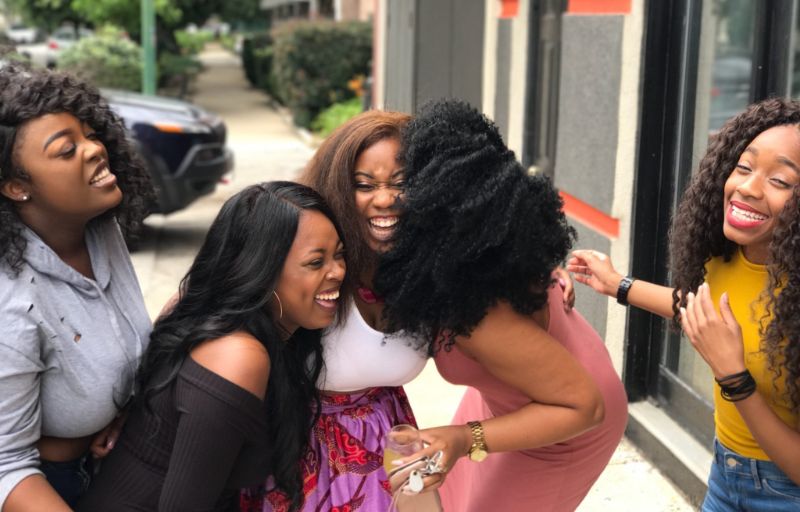
We’d put down our cell phones and our overstuffed calendars so we could be present with one another again. We’d decide to lay aside our differences and embrace each other as brothers and sisters in humanity. Instead of seeing how I’m doing by visiting my Facebook wall, we would connect within the walls of my home.
And, instead of seeing your children on my Instagram feed, I could see them through my window, playing outside with my children.
Perhaps one day, we will collectively find our way back to each other.
Until then, we must individually connect around us. We must reach across the miles with real phone calls and actual letters. We have to stop communicating in 280 characters and listen to each other’s voices again. If we truly want the village back, we each need to do our part in cultivating it.
Dr. Brene Brown said, “In the absence of love and belonging, there is always suffering.” The way out of loneliness – out of suffering – is love and belonging. To both give it and receive it is the simple, yet hard answer.

Reconnection starts with how you view yourself.
One of the paradoxes of new motherhood is intense loneliness but never being alone. This loneliness comes from the absence of adult conversation, but also the fact that you no longer feel like you.
Brown talks about belonging to yourself. It’s for this reason that the first person I need to extend love and belonging to is myself. I hope you’ll begin here, too, if you have difficulty with self-confidence or self-acceptance.
Part of self-love means saying yes to help. You don’t need to do everything to be accomplished. So drop the guilt. Say yes to a helping hand and say yes to getting a little bit of time for self-care. And even, start delegating.
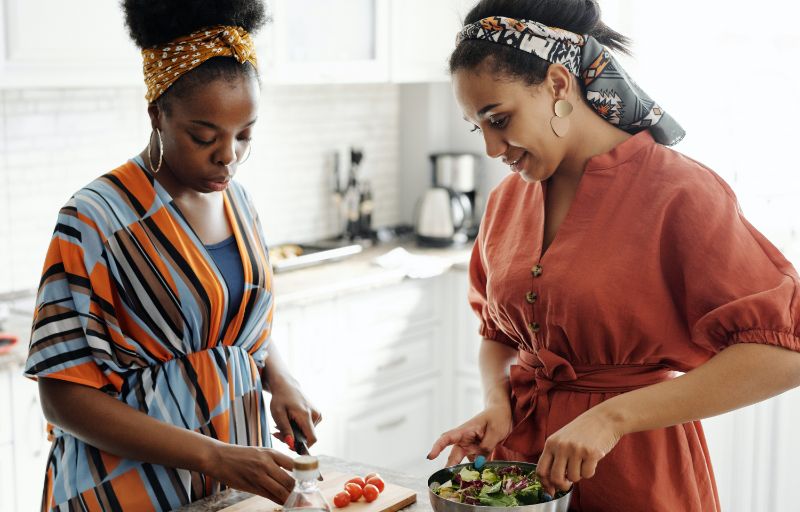
If the idea of delegating scares you, know it did make me nervous too. My biggest fear was that I would take more than I could give back. I also didn’t want to impose. Understand that loved ones want to support each other. And, the more you share the weight of motherhood, the more you will have the energy to reciprocate and be there for your loved ones too.
Not only are you showing yourself love, but you’re also re-engaging your village that needs to be there.
Related reading: The Gift of a Happy Mother: Letting Go of Perfection and Embracing Everyday Joy
I want to model this because it will benefit my children too.
I want them to love themselves and to know who they are at their core so that they are unshakable. I don’t want their self-worth to be dependent upon their peers’ opinions, their academic or athletic abilities, the number of social media followers they have (when they are finally allowed to get on social media), or anything at all.
Instead, I want them to understand what actually matters and I also want them to grow up knowing they can lean on loved ones for support.
I don’t ever want their self-worth to be up for debate. So, why is mine? What am I teaching my kids by my own actions and beliefs? Once again, my children are helping me rise.
Put yourself out there and be okay with being vulnerable.
Once I love myself, I have to be vulnerable enough to both love myself and put myself out there. It’s not a mystery that rejection stings. The only way to stand with courage and face the potential heartache is with enough self-love and self-acceptance to know that I’m still likable even if you don’t like me. I have to be willing to open myself up again and again in order to find my tribe, because if I’m closed off and hiding the real me, how will my tribe know me when they see me? They won’t. If I show up trying to fit in by liking what you like and talking how you talk, I might find a false acceptance, but then I’ll keep up the façade to keep a friend.
I’d rather just be authentic so that I know the connection is real. That takes vulnerability.
Let the anxiety go.
So many moms struggle with social anxiety after having their children. We spend so much time, energy, and heart raising our babies, that we feel we have forgotten how to interact with other moms. Parenting is one of the hardest jobs there is, and it often causes me to doubt myself and lose confidence in my abilities. As a result, it can be challenging to put myself out there to meet new friends. But, it is so important that we do reach out to others and cultivate that village that we all need.
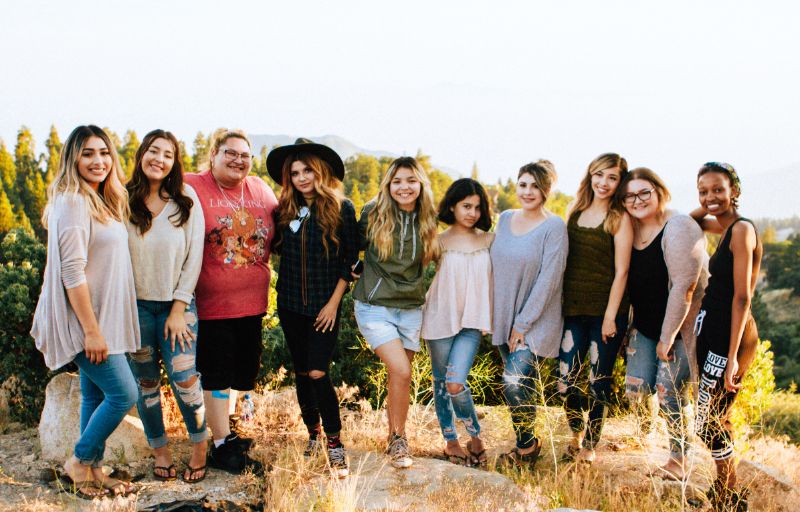
Reassess your priorities.
We often feel busier than we actually are. If we are spending an average of three-and-half hours per day on social media, dare I say we have enough free time to call a friend or to gather items in a donate box. I tend to put off doing things that make me uncomfortable, even if I really want to do it. Who doesn’t? I complain about wanting it but I don’t really make it a priority. So, of course, it doesn’t happen.
Start small.
The idea of being more connected is daunting, especially when you are a lonely mom who no longer feels off her game. Instead of making all sorts of plans to have friends over, meet moms at playgroups while doing all the things on your to-do list, start small.
- Make a commitment to call or Facetime a friend weekly.
- Join a local Moms’ group on Facebook and make conversation with the intention of meeting up.
- Drop off a coffee to a friend.
- Stay after school or daycare for ten minutes simply to talk to the other parents.
- Attend a playgroup with your child and engage the moms in conversation. If it’s easier, try talking to their kids to break the ice. (This helps the introvert in me start a conversation.)
- Meet your longstanding friends at a park, coffee shop, or local trail if you’re worried about the house being messy – but remember their homes are likely far from perfect too.
- Start attending reading time at your local library.
Find opportunities to show kindness out in the community.
Giving back has been proven to increase your happiness and it’s really a nice way to get to know like-minded people. When you volunteer or serve others, it increases your sense of connection. It makes you feel like you are a part of the community.
Here are some simple ways to stop feeling like a lonely mom and start connecting with your village.
- Volunteer at your child’s school, daycare or preschool.
- Ask parents after school, playgroup or daycare if they want to meet at a local park – pack enough snacks for everyone to enjoy. (I tend to bring simple things like popcorn, baby carrots, and crackers. They’re no-prep and kid-friendly.)
- Pay compliments to fellow parents at the grocery store, restaurants, and playgroups. There is nothing nicer than hearing someone say, “Good job, Mom,” when you’re having a rough day.
- Do random acts of kindness such as paying for someone’s coffee or offering a hand to a parent who’s struggling out with their kids.
Chances are that the person on the receiving end of your kindness will pay it forward, making the village around you a little more connected and a little less lonely.
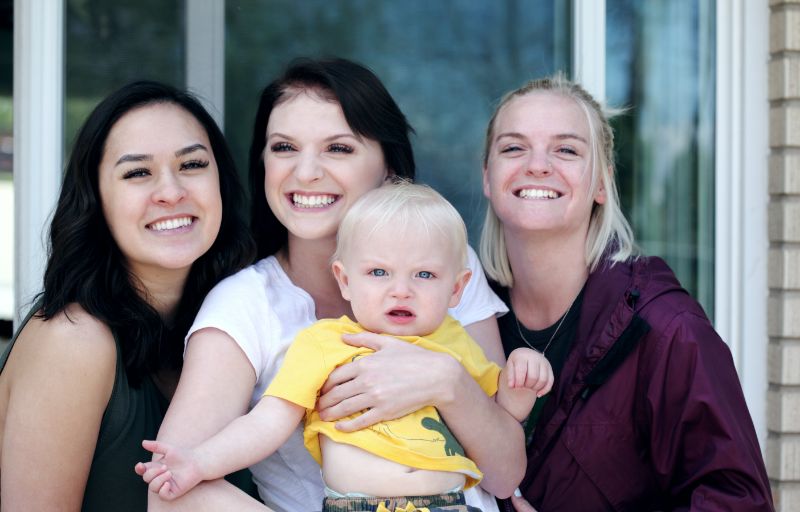
A final note about putting an end to being a lonely mom
Connection isn’t something we can put off without paying a hefty price, though. This one needs to go at the top of the list, even if feels hard or scary. Cultivating connections will protect your emotional and mental well-being, and that, my friends, is worth the effort.
For more strategies and inspiration like this, check out my new book, The Gift of a Happy Mother: Letting Go of Perfection and Embracing Everyday Joy.
Related reading
Why you shouldn’t punish tantrums and what to do instead
How to feel more like yourself after having kids
Why positive parenting is essential now but wasn’t in the past
Science says this is the best approach to extracurricular activities with kids









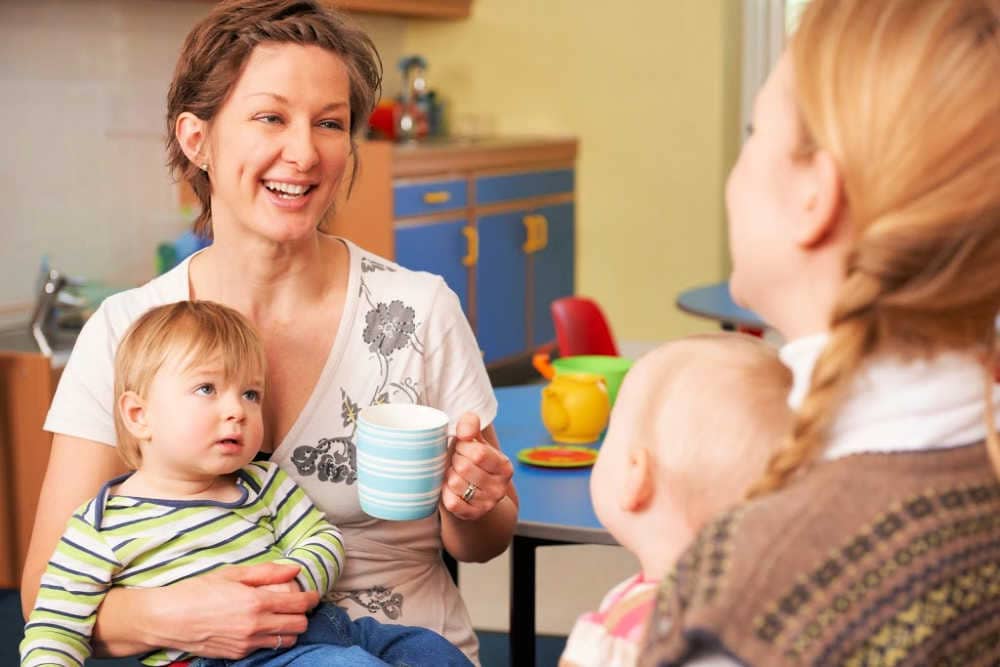
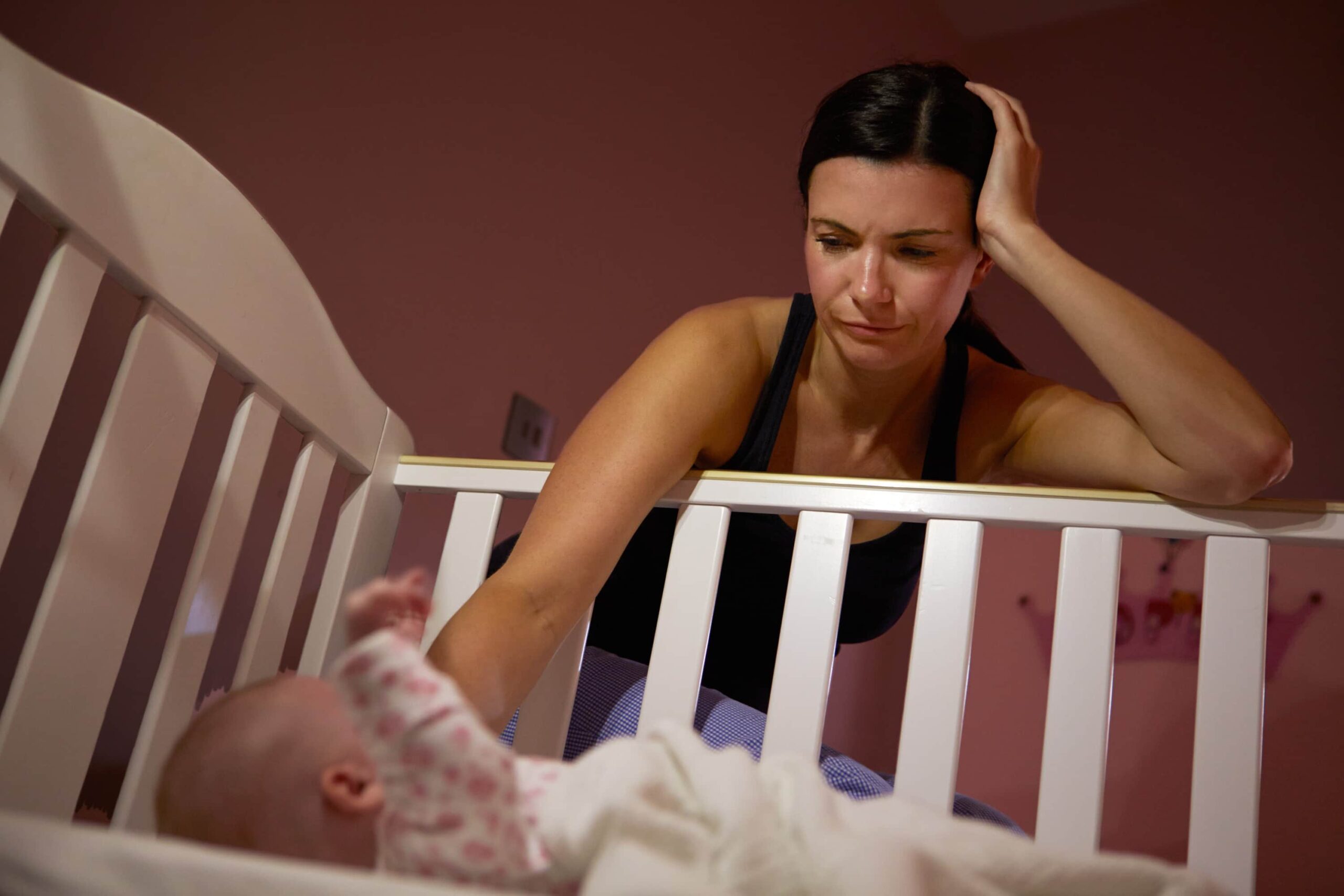



2 comments